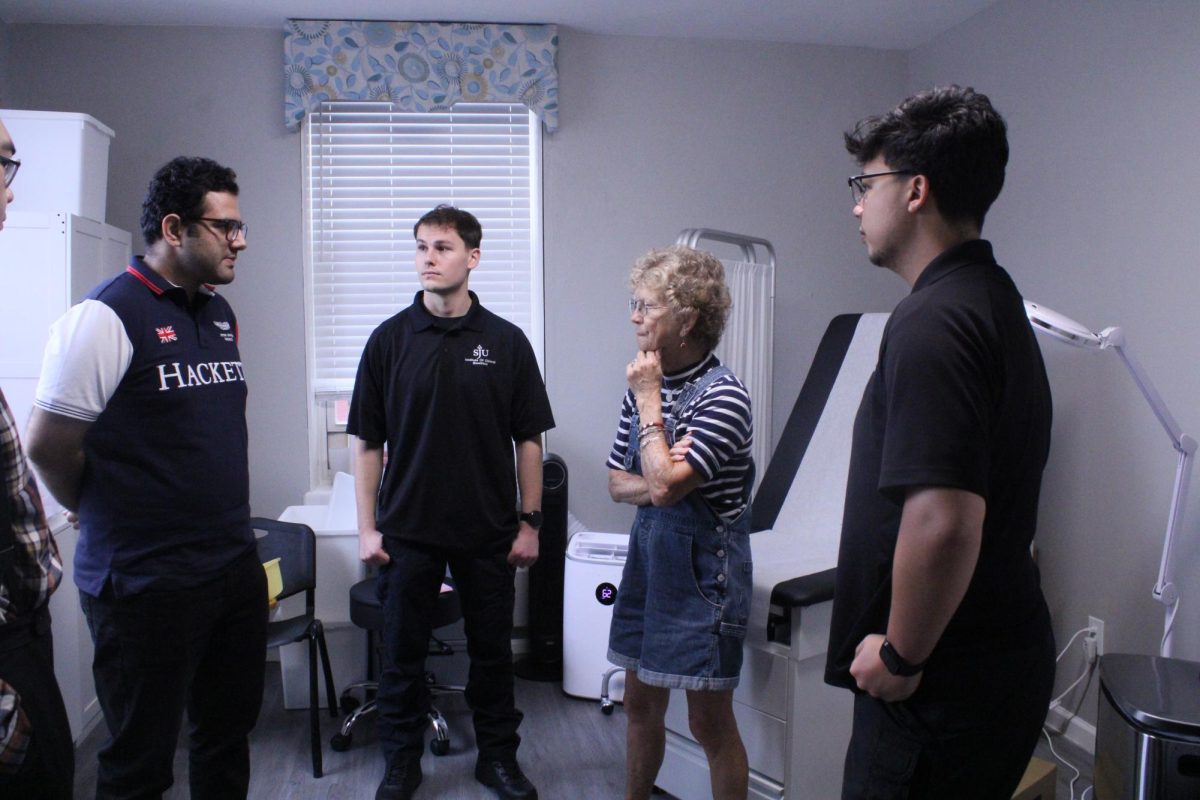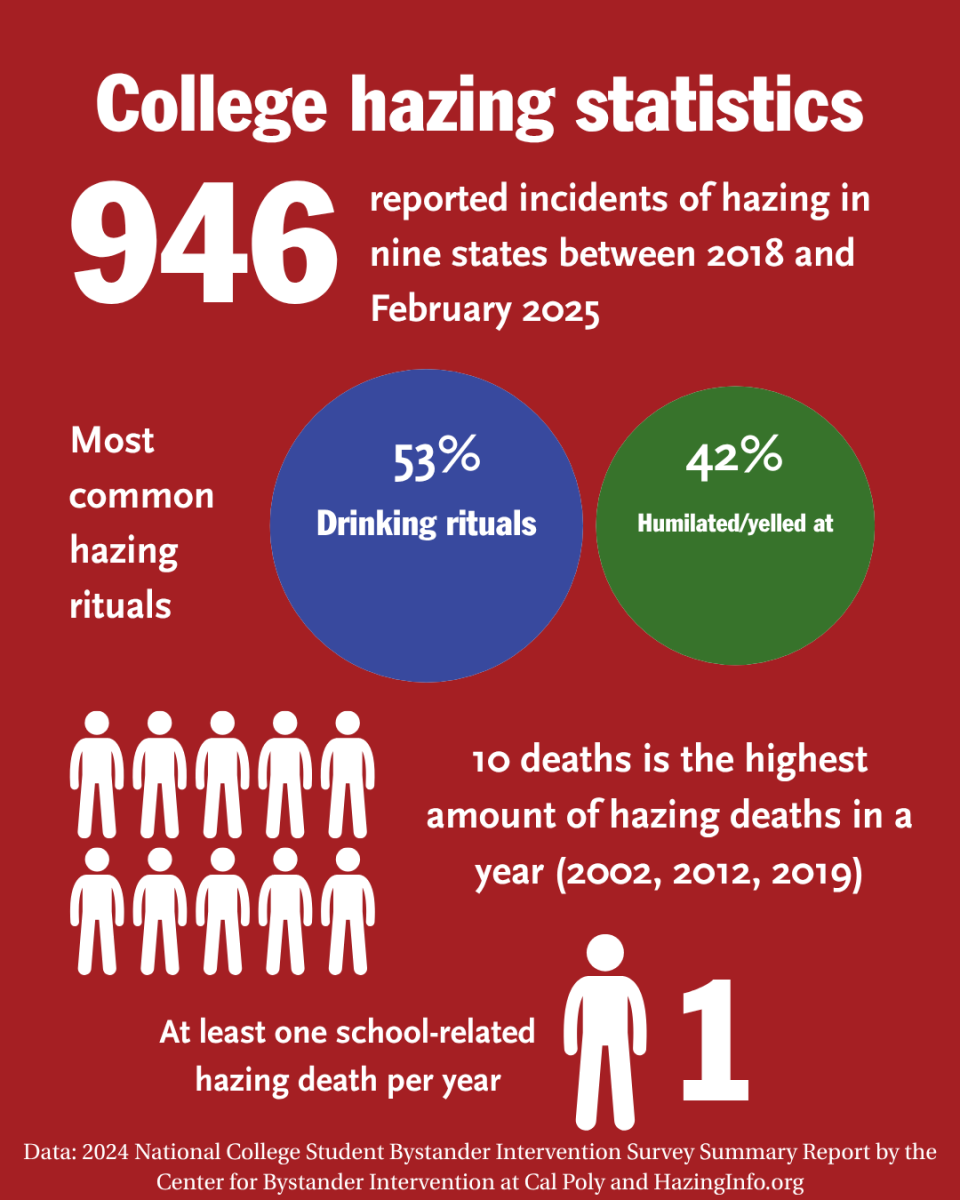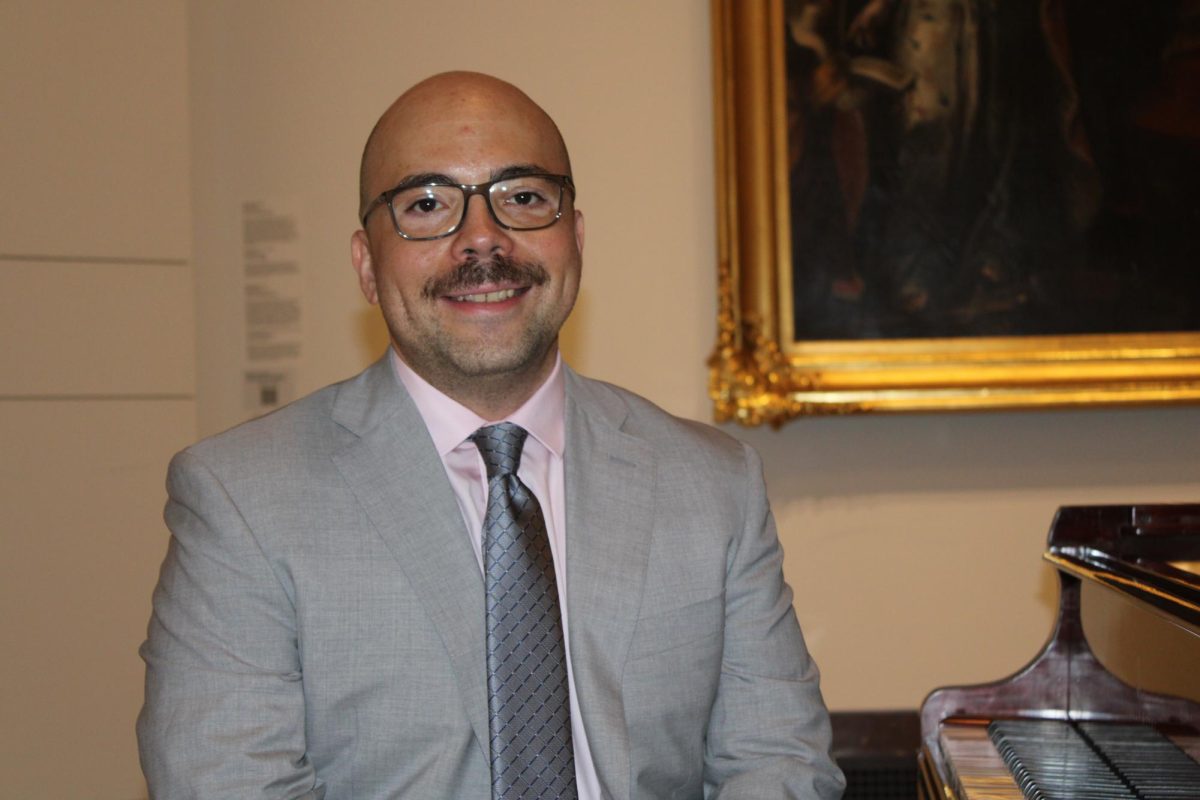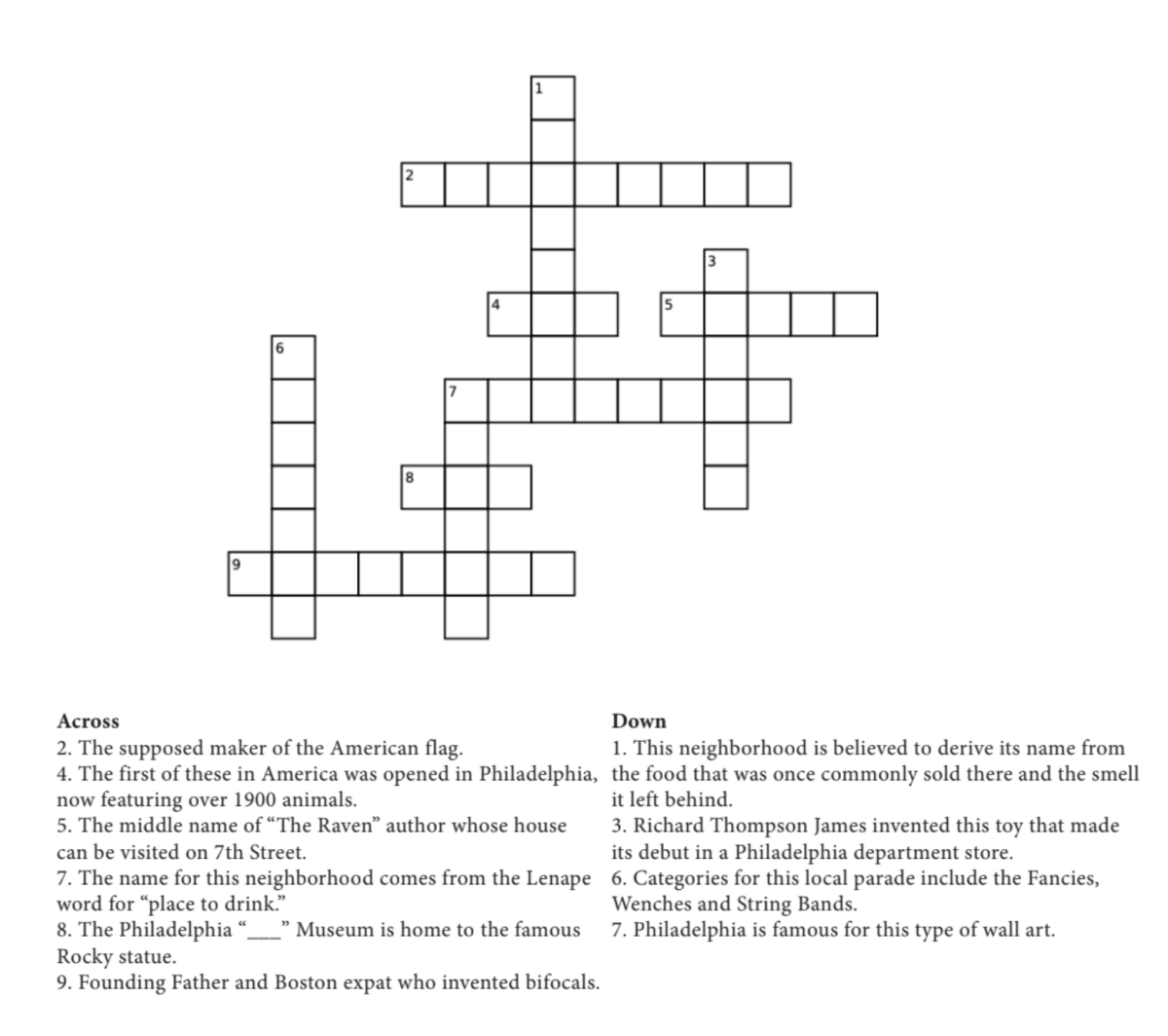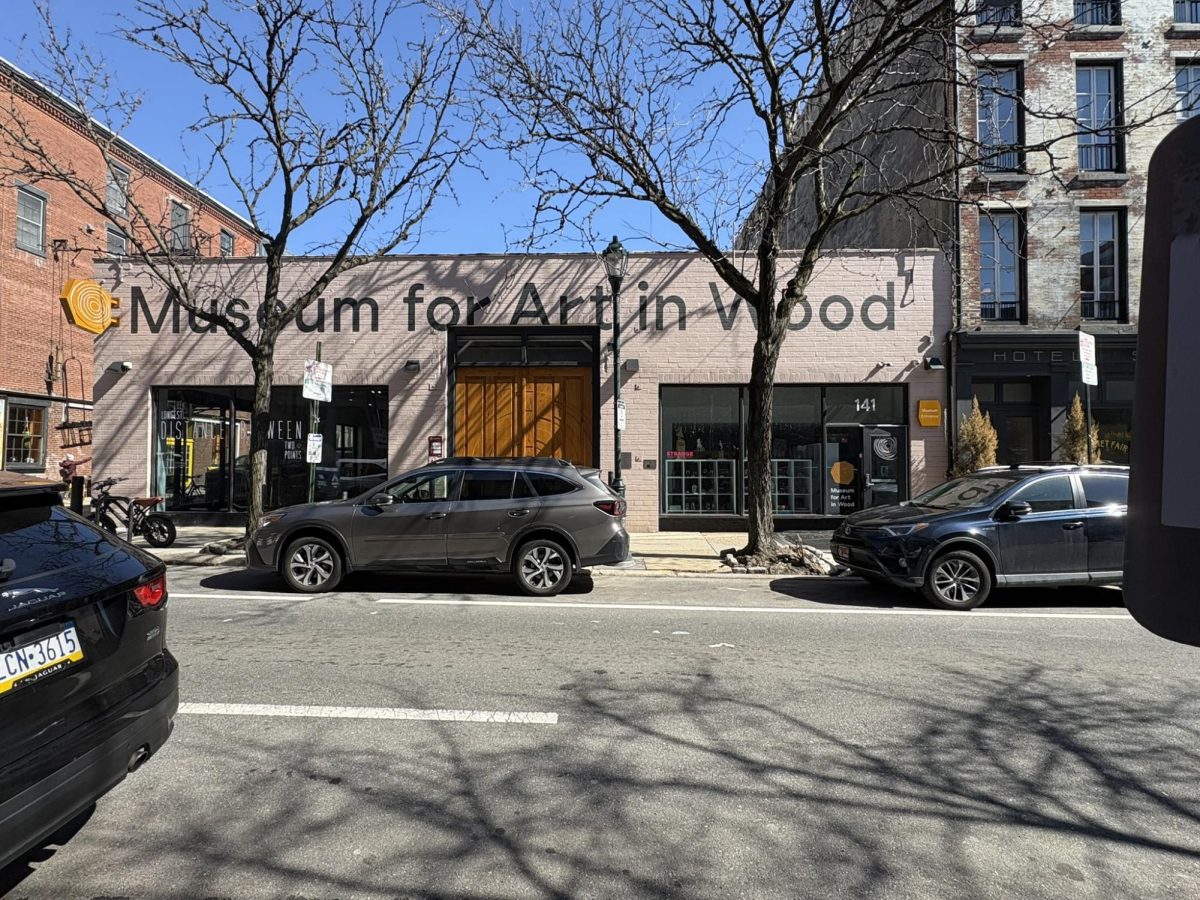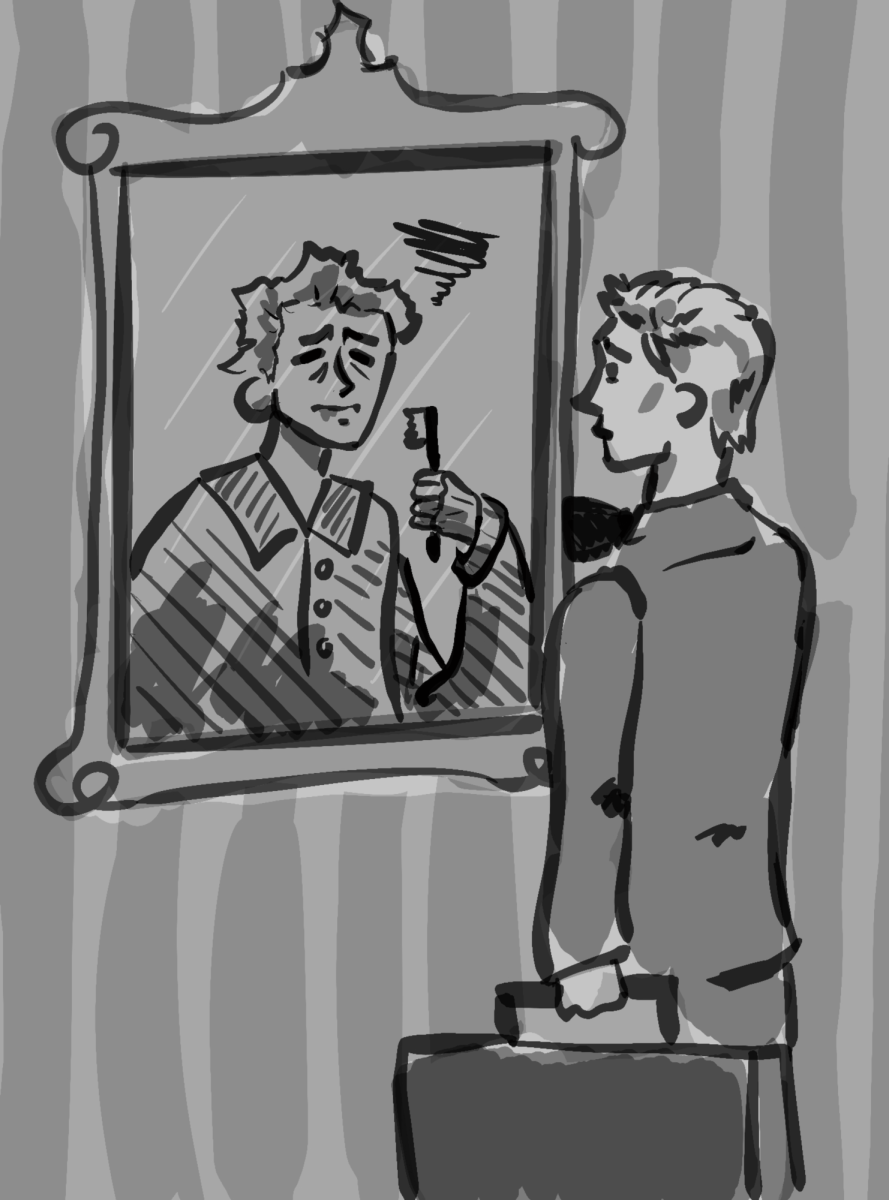To the Editor,
On Nov. 28, The Hawk reported a racist incident that had occurred in the Villiger Residence Center in September and the university’s response. A white male student had rearranged the letters of the names of two African-American female students to spell “coons” on the door to their room. The perpetrator was identified and the university asked him to apologize to the two women, but no serious disciplinary action was taken.
The term “coon” has a long and ugly history in America, one that is intertwined with the history of popular music in this country. It was used in reference to a nineteenth-century caricature of African-Americans as lazy, untrustworthy, and intellectually inferior. An entire genre of sheet music called “coon songs” flourished at the turn of the twentieth century, which used the tenants of the derogatory stereotype.
The caricature had gained prominence in American culture through the minstrel show, which was the single most popular form of public musical entertainment in this country in the middle of the nineteenth century. Two of the most prominent players in the minstrel show were the buffoon-like characters of Jim Crow and Zip Coon, both performed in blackface. Minstrel shows were popular in the North as well as in the South, and they bolstered the latter’s pro-slavery arguments in the years leading up to the Civil War. For instance, the songs and skits from the show—including many songs, such as “Old Folks at Home,” that are still prevalent in our culture today—romanticized slavery, telling apocryphal tales of former slaves who longed to return to the plantation.
It is no coincidence that the racist laws enacted after the Civil War were called Jim Crow laws; they took their name from a caricature who, like Zip Coon, embodied the white supremacist attitudes of many American citizens.
The history and legacy of the term “coon” attest to the seriousness of what occurred in Villiger this fall, a history that many of our undergraduate students have learned about in their coursework in music and other disciplines. The university’s response fails to acknowledge the reality of what this hateful word signifies in our culture.
Elizabeth Morgan, Ph.D.
Associate Professor of Music


